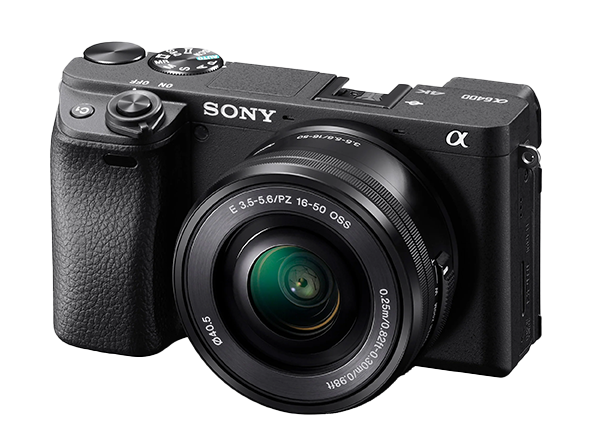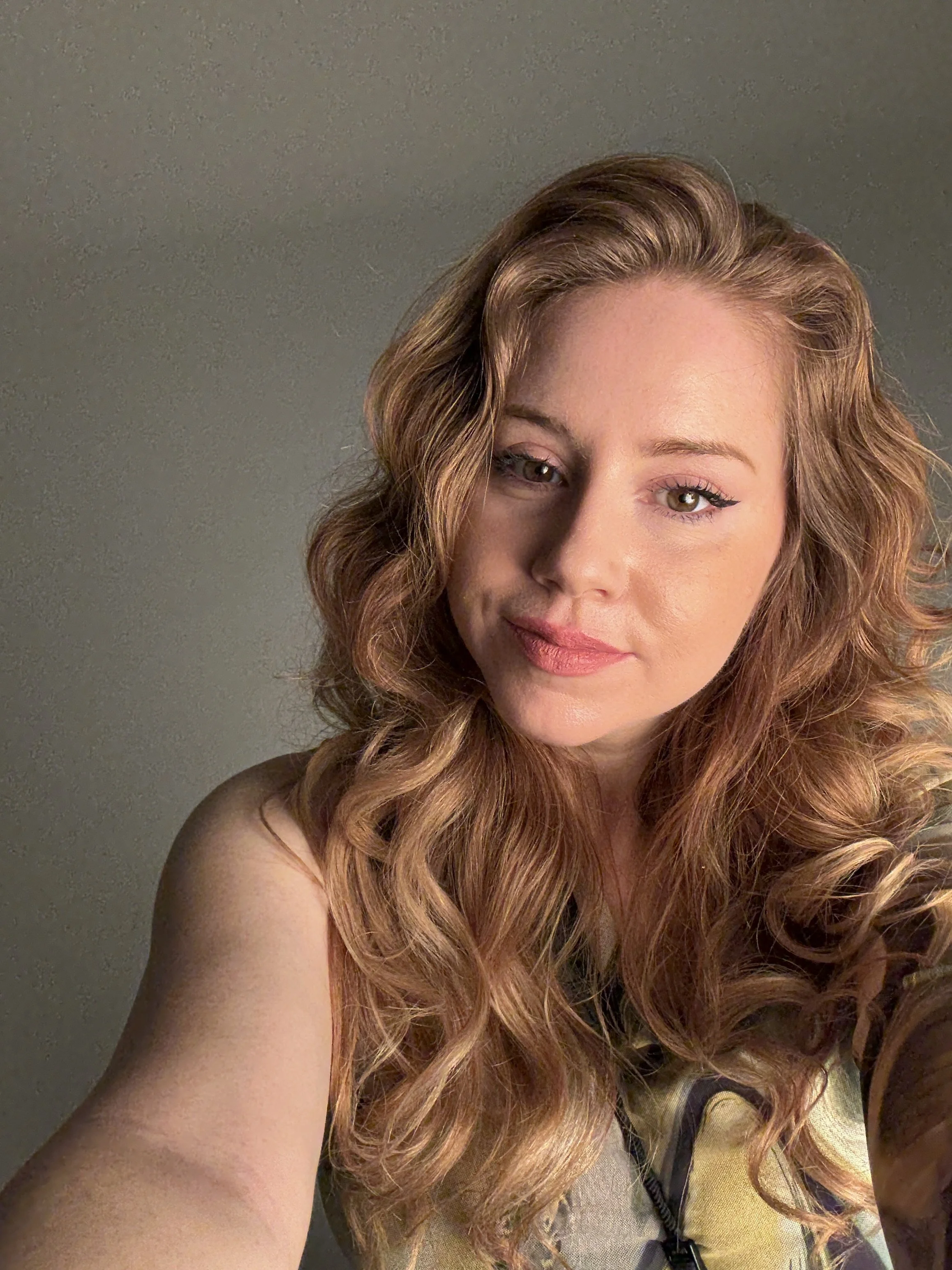The Best Cameras for Beginners in 2024: Photography Guide
There are so many cameras in the world. So. so. many.
Especially if you’re new to photography, it can get confusing fast. Which one should you pick? How important is it? Will the camera you choose determine your skills and capabilities?
Let’s start with the number one thing I tell all new photographers: your camera matters less than you think.
Your skills, vision, storytelling ability, and curiosity will play a much bigger role in your success as a photographer.
Some of my favourite photos ever were taken with a $30 camera from 2008.
Anyway, these days even entry-level cameras are so advanced that you’re unlikely to make the "wrong" choice. That said, picking a camera that fits your goals and style is important.
Here’s a guide to help you decide, along with my top recommendations for 2024.
Factors to consider before buying a camera
Before diving into specific models, think about these key factors:
1. Price: Budget is one of the biggest deciding factors. Great cameras don’t have to break the bank, and there are ways to save, like buying second-hand or waiting for sales. I’ve purchased most of my gear second-hand in Japan, and it’s served me well.
2. Weight and size: Are you planning to travel or shoot on the go? Consider how portable your camera needs to be. For me, the lightweight Nikon Z6 and my Lumix point-and-shoot are perfect for when I’m travelling.
3. Video capabilities: Even if you’re focused on photography now, having video capabilities might come in handy. Some cameras are designed with hybrid photo/video capabilities, making them versatile for future projects.
4. Battery life: If you’re out shooting for hours, a camera with long battery life is crucial, especially for travel photographers.
Mirrorless vs. DSLR: What’s the difference?
Before diving into camera recommendations, let's briefly talk about the two main types of cameras you'll find: DSLR and mirrorless.
DSLR (stands for Digital Single-Lens Reflex) cameras have been around for a long time. They use a mirror to reflect light from the lens up into the viewfinder. They're usually larger, have a longer battery life and are cheaper than mirrorless cameras.
Mirrorless cameras, as the name suggests, don’t have a mirror mechanism. They have an electronic sensor only. This makes them smaller, lighter, and often faster, but usually more expensive. My Nikon Z6 is a mirrorless camera and I love its compact design and advanced features.
Both types have their pros and cons and there’s no right or wrong choice.
Alright, let’s get to the juicy bit then! Here are my recommendations in no particular order.
The best cameras for beginners in 2024 (under $1,500)
1. Nikon Z50
The Nikon Z50 is like the little cousin of the Z6 and Z7. It’s a small and portable mirrorless camera, but has a 20.9 MP sensor which means it takes nice sharp images.
What I love about the Z50, as well as all the other Nikon Z cameras, is how intuitive everything is. The buttons are in the right places, it’s easy to hold and it all just kinda makes sense? It's great for learning the basics and works well for a range of photography styles.
The Nikon Z50 also shoots in 4K. It is perfect for beginners and hobbyists. Plus, Nikon’s Z range lenses are brilliant. I speak from experience!
You could also consider the very aesthetic Nikon Zfc.
Nikon Z50
2. The Sony a6000 range (particularly the a6400)
I really like the Sony a6000 range because there’s a variety of really powerful yet compact cameras for reasonable prices. The thing that people really love the most about Sony is how well they’ve nailed autofocus, so you’ll have a good chance at getting the shot with their advanced system. It’s got great low-light capabilities, a tiltable touchscreen if you want to dabble in vlogging, and 4K video.
Some people also recommend the Sony ZV-E10, but I personally don’t like it because there’s no viewfinder (just a digital screen).
Sony a6400
3. Panasonic Lumix G100
I’ll be honest, I have a soft spot for Lumix cameras. The G100 is a great camera for people who who want something light and easy to use that wont break the bank. I’m kind of repeating similar things to above, but the autofocus is quick and reliable, it shoots in 4K, an even has something called OZO Audio by Nokia which is basically a built-in microphone that can take pretty crispy audio.
This is a nice, sturdy, reliable kinda camera. It will treat you well.
Panasonic Lumix G100
4. Canon EOS R50
The Canon EOS R50 is a really easy-to-use camera, especially if you’re just getting into photography and stepping up from a smartphone. It’s small, so you can toss it in your bag, and the screen flips and rotates out if you want to vlog.
It’s not weather proof, so leave it at home on rainy days, but it’s a good choice if you’re taking the initial leap into photography!
Canon EOS R50
5. Fujifilm X-T30 II
The Fujifilm X-T30 II is a stylish camera for a stylish person, like you ❤️ Fujifilm is known for their beautiful colours and sharp images. If you want to have full control over your shots, this camera’s got physical dials for things like shutter speed and aperture, so it’s perfect if you want to dive into photography and get your hands on the settings, but this could be overwhelming for beginners. Lots of professional camera review websites love this camera.
Fujifilm X-T30 II
6. Olympus OM-D E-M10 Mark IV
The Olympus OM-D E-M10 Mark IV is a tiny camera that really packs a punch. It’s perfect for beginners, with a 20.3 MP sensor and built-in image stabilization, which helps keep your photos steady, even if your hands are a little shaky. It's light and easy to carry around, so good for travel or street photography.
Many review websites love this camera because of the super hand in-body stabilisation, but one thing that caught my attention is that there is no microphone socket if you want to use an external microphone.
Olympus OM-D E-M10 Mark IV
My biggest piece of advice is this: if it’s possible, go to a camera store and ask for help. Ask to try a bunch of different cameras. Hold them in your hands. See how they feel. See them in person.
And keep in mind that gear isn’t everything
While these cameras are decent options for beginner photographers, it’s not about the gear. The best camera is the one you enjoy using and can grow with.
Don’t get too caught up in having the latest and greatest equipment. Focus on practicing, learning the basics, and capturing the moments that matter to you.
You can always upgrade later as your photography journey evolves!
Ok see ya!
Lisa












